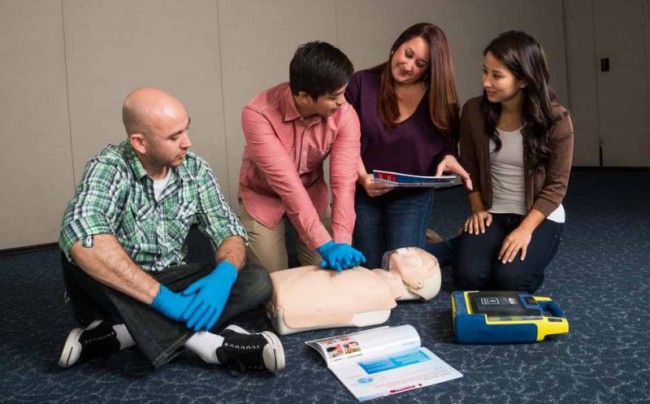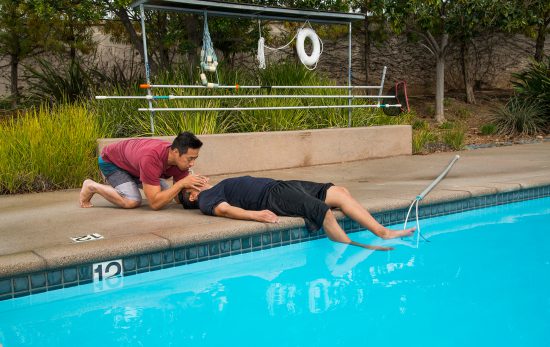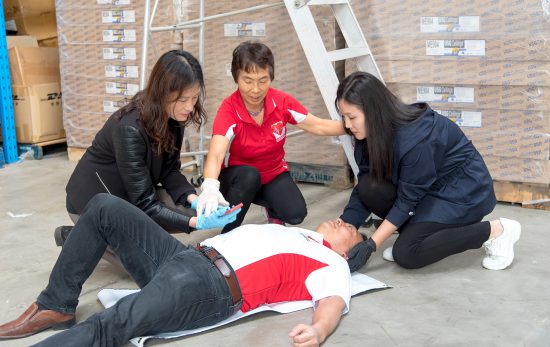Written by PADI Regional Training Consultant, Jeremiah Foo
Emergency First Response (EFR) training is highly recommended for everyone to help save lives and attend to illness or injury in our everyday lives. It equips us with adequate knowledge and skills to deal with emergency situations before further support arrives. To get a better understanding of how EFR training will benefit us and our love ones, check out these five benefits of first aid training:
1. It Saves Lives
EFR training gives us the confidence and ability to react immediately to an incident, injury or illness. Take CPR (Cardiopulmonary Resuscitation) for example. It has been reported time and again that many lives have been saved due to fast reaction and CPR given during critical and life-threatening accidents, injuries or health complications.
2. It Builds Confidence and Clarity During an Emergency
EFR training doesn’t just teach us how to treat patients in need of first aid, it also gives us confidence to effectively manage an emergency without fear, confusion or feeling overwhelmed.
3. It Can Reduce Recovery Time
Rapid reaction to illness or injury, before further aid such as an ambulance arrives, can not only save lives, it also reduces recovery time of the patient.
4. It’s a Great Team-Building Exercise and FUN
When we get the opportunity to learn or refresh skills together with family, friends or colleagues that will help us look after one another, it brings us closer together. Many teams have reported more awareness of their families’ and co-workers’ well-being following first aid training.

Are you still wondering if Emergency First Response (EFR) training is the course for you? Keep reading about an incident that happened in China where HongJie Guan applied his EFR skills and performed CPR on an individual which ultimately, helped save his life.
First Responder in Action
Friday 24th May 2019, Cafeteria of the Finance Bureau in WenZhou, China.
While having breakfast at the canteen in the Finance Bureau, HongJie Guan and his wife noticed a crowd had quite suddenly gathered nearby. HongJie went over to see what the commotion was about, only to realise that a man in his fifties was about to pass out while still in his seat. HongJie immediately realised that the man must have choked on the food he was having and his airway was blocked. Hearing that Emergency Medical Services were already on the way, HongJie instantly asked the crowd to back off and allow the victim and him some space. Next, HongJie lifted the victim’s head and performed abdominal thrusts; the victim eventually threw up and the obstruction was cleared. HongJie continued with his breakfast.
After a few minutes the patient collapsed. HongJie rushed over again to assist and upon checking the victim’s responsiveness realised that he was not breathing. HongJie immediately began CPR with rescue breaths. This continued for about 7 minutes before the paramedics arrived and took over.
Updates from the hospital indicated that the patient started breathing after receiving CPR continuously for 47 minutes. He then underwent surgery. It was later confirmed that he’d had a blood clot due to a medical condition that had led to a heart attack.
The patient is now recovering.
Please do not wait until something happens before taking up first aid training. The Emergency First Responder courses provide us with the most important skills we could ever learn while also providing us with the confidence to care.




